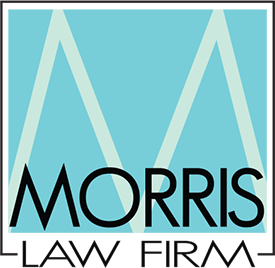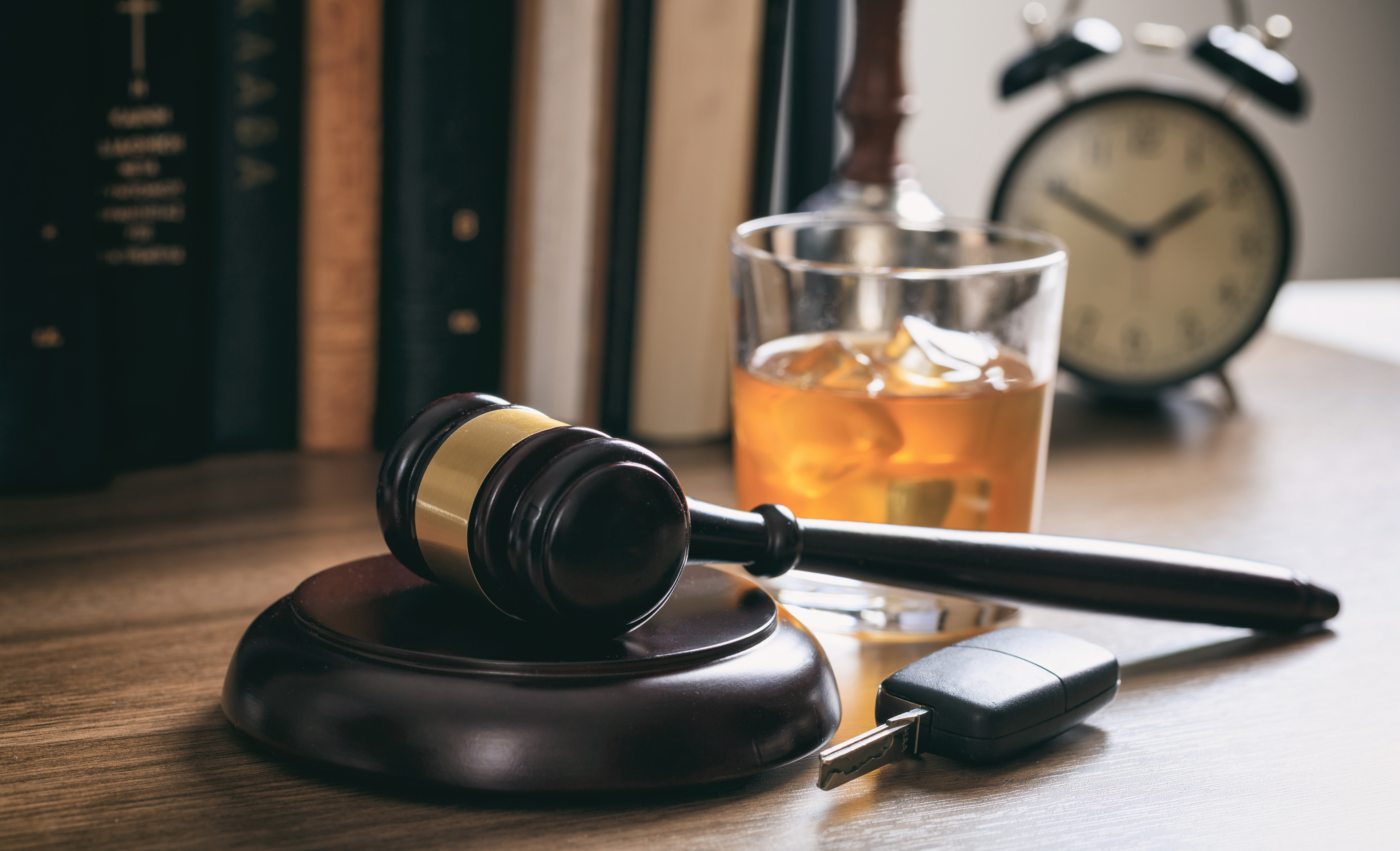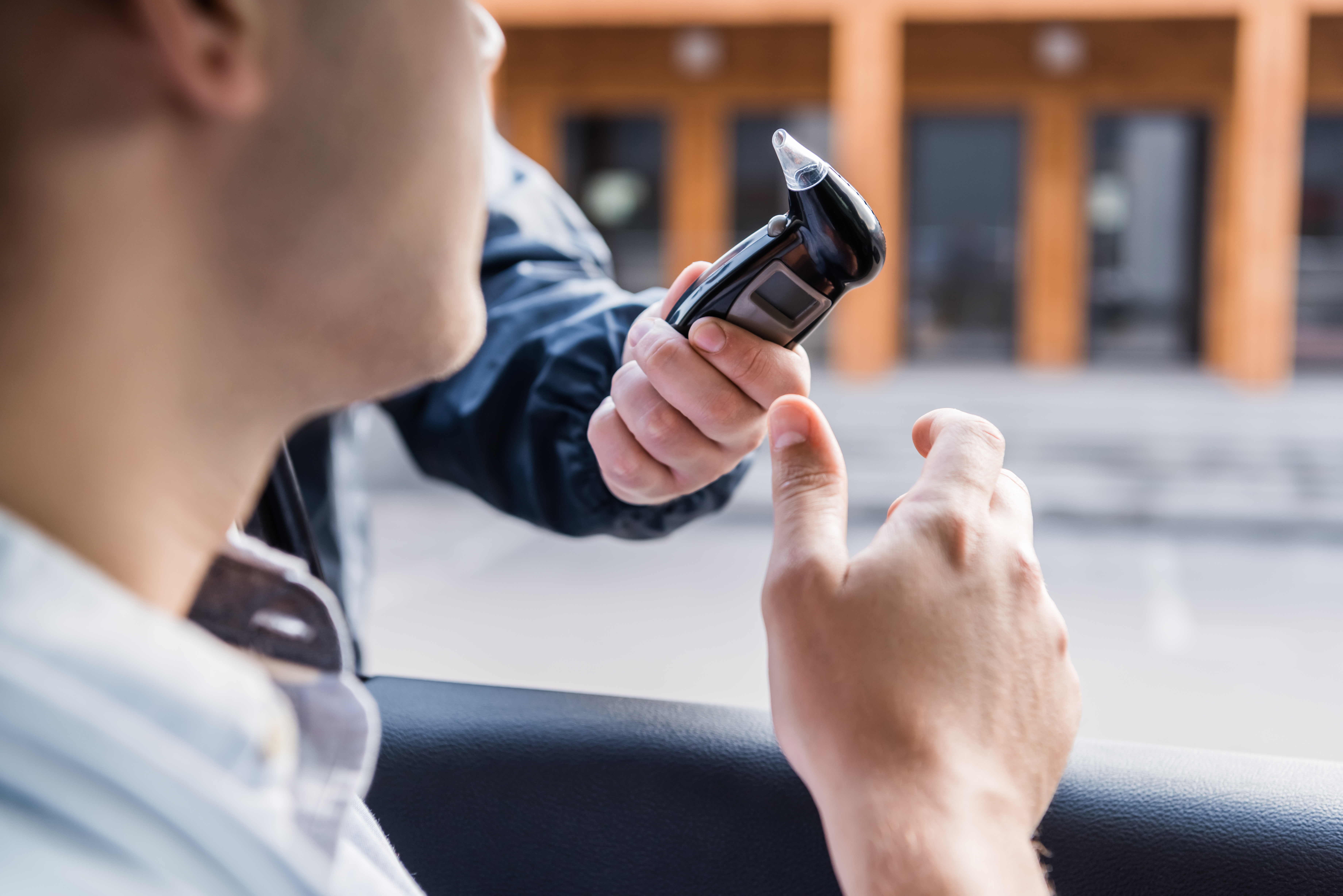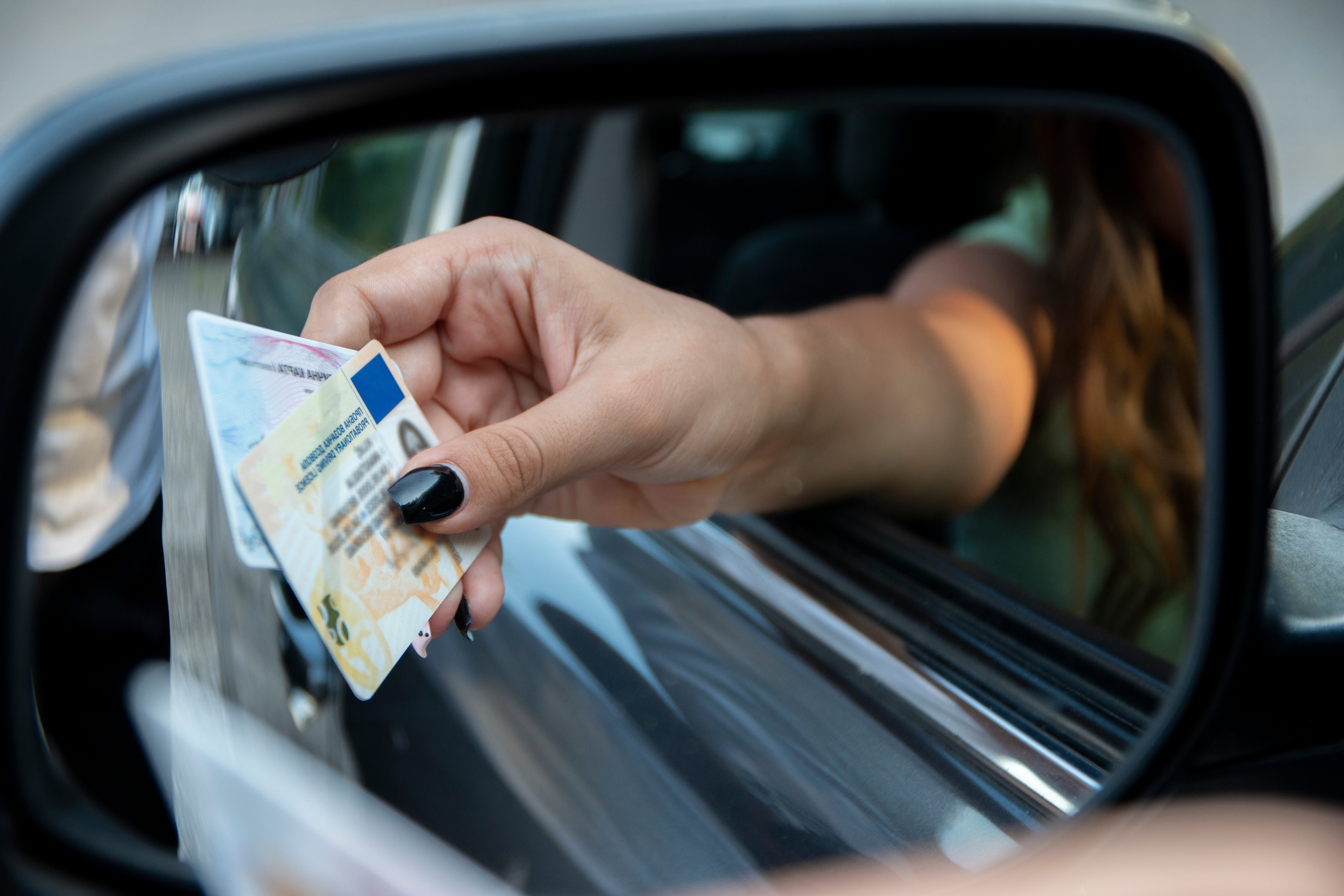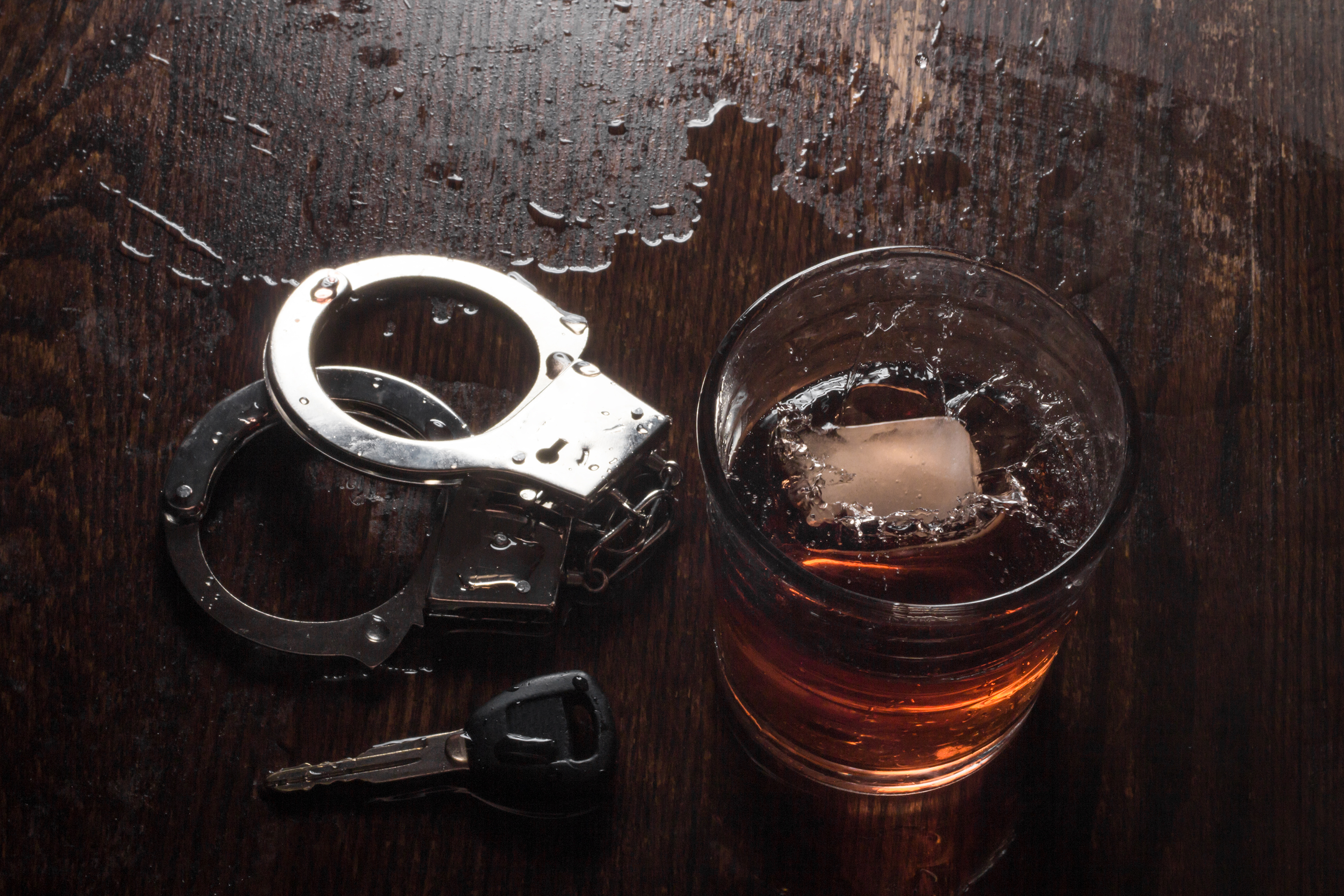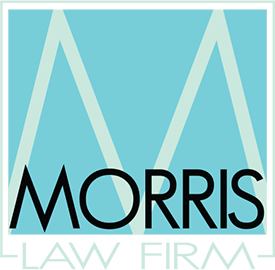- Home
- Attorney Profiles
- Criminal Defense
- Domestic Violence
- Domestic Advisory Hearings
- Aggravated Battery
- Batterers Intervention Program
- Child Abuse Neglect
- Clearwater Domestic Violence Arrests
- Cyberstalking
- Dating Violence Injunction
- Defending Women Against Charges
- Domestic Assault Battery
- Domestic Battery By Strangulation
- Domestic Battery On A Pregnant Female
- Domestic Violence FAQ
- Felony Charges
- Firearm Prohibition For Domestic Violence Conviction
- Misdemeanor Charges
- Pretrial Release
- Restraining Order Protective Order
- Revenge Porn
- Stalking Aggravated Stalking
- Violation Of Condition Of Pretrial Release From Domestic Violence
- Violation Of Injunction
- Drug Charges
- Cocaine Charges
- College Student Drug Crimes
- Drug Cultivation & Manufacturing
- Drug Possession With Intent To Sell
- Drug Trafficking
- Drug Distribution
- Methamphetamine Trafficking
- Pinellas County Drug Court
- Possession Of A Controlled Substance
- Possession Of Drug Paraphernalia
- Prescription Drug Trafficking
- Prescription Fraud Doctor Shopping
- DUI
- Actual Physical Control DUI
- Aggravated DUI
- Boating Under The Influence
- Commercial DUI
- DMV Administrative Review Hearing
- DUI Tests
- DUI Manslaughter DUI Fatality
- DUI Property Damage
- DUI Reckless Driving Reduction
- DUI Refusal
- DUI Roadblock Sobriety Checkpoint
- DUI With Serious Bodily Injury
- DUI Punishments
- Felony DUI
- FR44 Insurance
- Ignition Interlock Device
- Out Of State Visitor DUI
- Prescription Or Illegal Drug DUI
- Wolf Pack
- First DUI Punishments
- Second DUI Punishments
- Third DUI Punishments
- Fourth DUI Punishments
- Underage DUI
- DUI Intoxilyzer 8000
- Largo DUI Arrests
- Extradition
- Federal Court Crimes
- Felonies
- Firearms Weapons Offenses
- First Time Offenders
- Florida Criminal Process
- Juvenile Offenses
- Marijuana Charges
- Misdemeanors
- Out Of State Offenders
- Seal / Expunge Criminal Record
- Sex Crimes
- Theft Crimes
- Traffic Offenses
- Violation Of Probation
- Violent Crimes
- White Collar Crimes
- Domestic Violence
- Areas We Serve
- Case Results
- Testimonials
- News
- Contact Us
Menu
- Home
- Attorney Profiles
- Criminal Defense
- Domestic Violence
- Domestic Advisory Hearings
- Aggravated Battery
- Batterers Intervention Program
- Child Abuse Neglect
- Clearwater Domestic Violence Arrests
- Cyberstalking
- Dating Violence Injunction
- Defending Women Against Charges
- Domestic Assault Battery
- Domestic Battery By Strangulation
- Domestic Battery On A Pregnant Female
- Domestic Violence FAQ
- Felony Charges
- Firearm Prohibition For Domestic Violence Conviction
- Misdemeanor Charges
- Pretrial Release
- Restraining Order Protective Order
- Revenge Porn
- Stalking Aggravated Stalking
- Violation Of Condition Of Pretrial Release From Domestic Violence
- Violation Of Injunction
- Drug Charges
- Cocaine Charges
- College Student Drug Crimes
- Drug Cultivation & Manufacturing
- Drug Possession With Intent To Sell
- Drug Trafficking
- Drug Distribution
- Methamphetamine Trafficking
- Pinellas County Drug Court
- Possession Of A Controlled Substance
- Possession Of Drug Paraphernalia
- Prescription Drug Trafficking
- Prescription Fraud Doctor Shopping
- DUI
- Actual Physical Control DUI
- Aggravated DUI
- Boating Under The Influence
- Commercial DUI
- DMV Administrative Review Hearing
- DUI Tests
- DUI Manslaughter DUI Fatality
- DUI Property Damage
- DUI Reckless Driving Reduction
- DUI Refusal
- DUI Roadblock Sobriety Checkpoint
- DUI With Serious Bodily Injury
- DUI Punishments
- Felony DUI
- FR44 Insurance
- Ignition Interlock Device
- Out Of State Visitor DUI
- Prescription Or Illegal Drug DUI
- Wolf Pack
- First DUI Punishments
- Second DUI Punishments
- Third DUI Punishments
- Fourth DUI Punishments
- Underage DUI
- DUI Intoxilyzer 8000
- Largo DUI Arrests
- Extradition
- Federal Court Crimes
- Felonies
- Firearms Weapons Offenses
- First Time Offenders
- Florida Criminal Process
- Juvenile Offenses
- Marijuana Charges
- Misdemeanors
- Out Of State Offenders
- Seal / Expunge Criminal Record
- Sex Crimes
- Theft Crimes
- Traffic Offenses
- Violation Of Probation
- Violent Crimes
- White Collar Crimes
- Domestic Violence
- Areas We Serve
- Case Results
- Testimonials
- News
- Contact Us
close
ATTORNEYS ON CALL 24/7:
(727) 388-4736